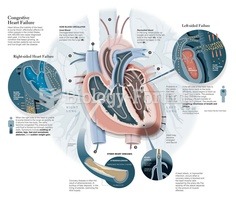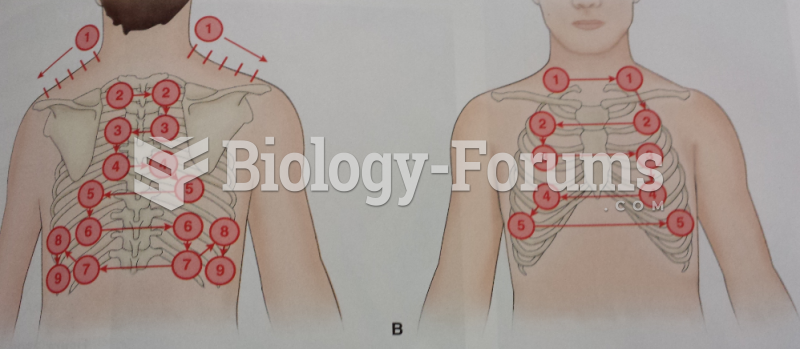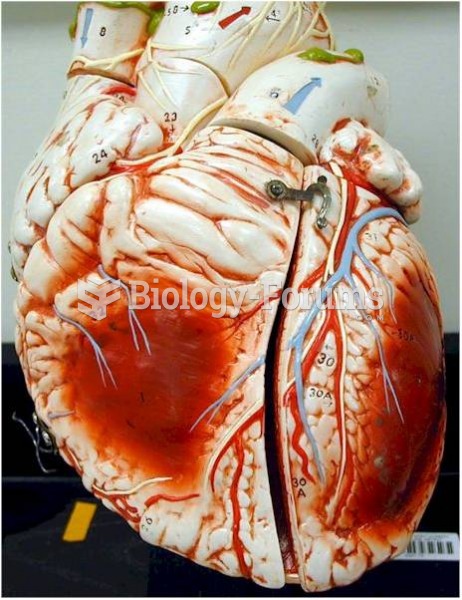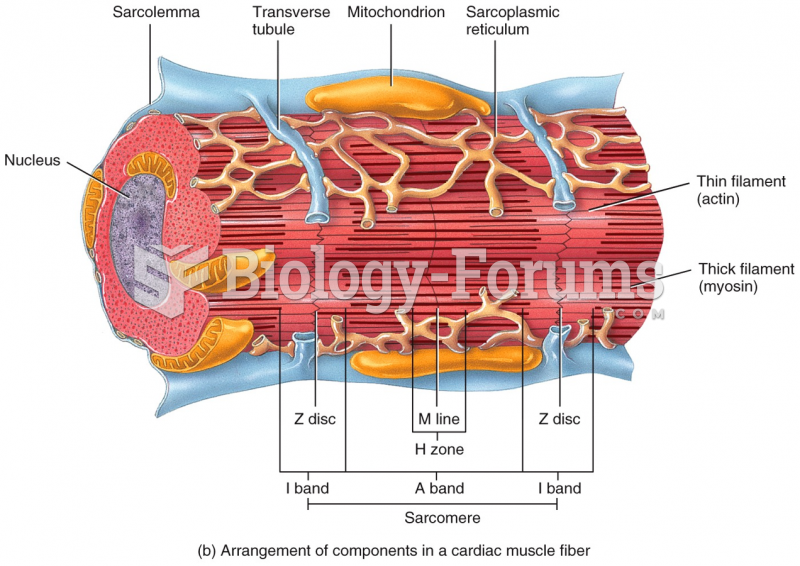|
|
|
The first oral chemotherapy drug for colon cancer was approved by FDA in 2001.
Between 1999 and 2012, American adults with high total cholesterol decreased from 18.3% to 12.9%
Once thought to have neurofibromatosis, Joseph Merrick (also known as "the elephant man") is now, in retrospect, thought by clinical experts to have had Proteus syndrome. This endocrine disease causes continued and abnormal growth of the bones, muscles, skin, and so on and can become completely debilitating with severe deformities occurring anywhere on the body.
Certain chemicals, after ingestion, can be converted by the body into cyanide. Most of these chemicals have been removed from the market, but some old nail polish remover, solvents, and plastics manufacturing solutions can contain these substances.
It is difficult to obtain enough calcium without consuming milk or other dairy foods.







